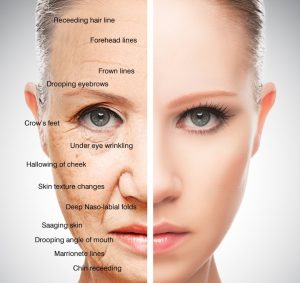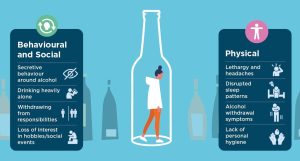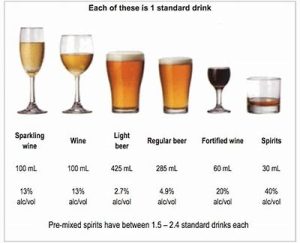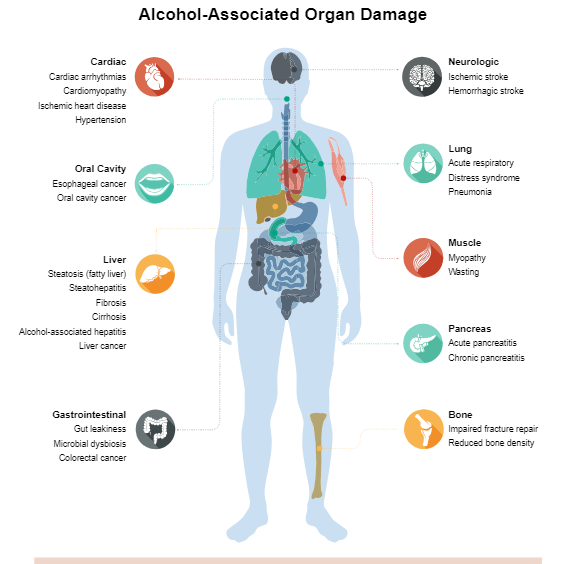Many people say they only drink for social reasons. On such occasions, they only take a cup or two of their favourite alcoholic drink and are not in any way abusive towards alcohol or addicted to it.
To burst the bubble of such people, the World Health Organisation says even when it is ‘light’ or ‘moderate, alcohol consumption is a contributory factor to cancer.
A statement published by the World Health Organisation in The Lancet Public Health online magazine warns that when it comes to alcohol consumption, there is no safe amount that does not affect health.

The global health body said the risk of developing cancer increases substantially the more alcohol is consumed. However, latest available data indicate that half of all alcohol-attributable cancers in the WHO European Region are caused by “light” and “moderate” alcohol consumption – less than 1.5 litres of wine or less than 3.5 litres of beer or less than 450 millilitres of spirits per week.
Alcohol causes at least seven types of cancer, including the most common cancer types, such as bowel cancer and female breast cancer
“This drinking pattern is responsible for the majority of alcohol-attributable breast cancers in women, with the highest burden observed in countries of the European Union.

“In the EU, cancer is the leading cause of death – with a steadily increasing incidence rate – and the majority of all alcohol-attributable deaths are due to different types of cancers,” it said.
According to WHO, alcohol is a toxic, psychoactive, and dependence-producing substance and has been classified as a Group One carcinogen by the International Agency for Research on Cancer decades ago, which is is the highest risk group, which also includes asbestos, radiation and tobacco.
Alcohol causes at least seven types of cancer, including the most common cancer types, such as bowel cancer and female breast cancer.
any beverage containing alcohol, regardless of its price and quality, poses a risk
WHO said ethanol (alcohol) causes cancer through biological mechanisms as the compound breaks down in the body, which means that any beverage containing alcohol, regardless of its price and quality, poses a risk of developing cancer.
To identify a “safe” level of alcohol consumption, WHO noted that valid scientific evidence would need to demonstrate that at and below a certain level, there is no risk of illness or injury associated with alcohol consumption.
The new WHO statement clarified, “currently available evidence cannot indicate the existence of a threshold at which the carcinogenic effects of alcohol “switch on” and start to manifest in the human body.
the risk to the drinker’s health starts from the first drop of any alcoholic beverage
“Moreover, there are no studies that would demonstrate that the potential beneficial effects of light and moderate drinking on cardiovascular diseases and type 2 diabetes outweigh the cancer risk associated with these same levels of alcohol consumption for individual consumers.”

The Acting Unit Lead for Noncommunicable Disease Management and Regional Advisor for Alcohol and Illicit Drugs in the WHO Regional Office for Europe said, “We cannot talk about a so-called safe level of alcohol use. It doesn’t matter how much you drink – the risk to the drinker’s health starts from the first drop of any alcoholic beverage.
“The only thing that we can say for sure is that the more you drink, the more harmful it is – or, in other words, the less you drink, the safer it is.”
Also, a member of the WHO Regional Director for Europe’s Advisory Council for Noncommunicable Diseases and Senior Scientist at the Institute for Mental Health Policy Research and the Campbell Family Mental Health Research Institute at the Centre for Addiction and Mental Health, Toronto, Canada, Dr Jürgen Rehm said, “Potential protective effects of alcohol consumption, suggested by some studies, are tightly connected with the comparison groups chosen and the statistical methods used, and may not consider other relevant factors.”


